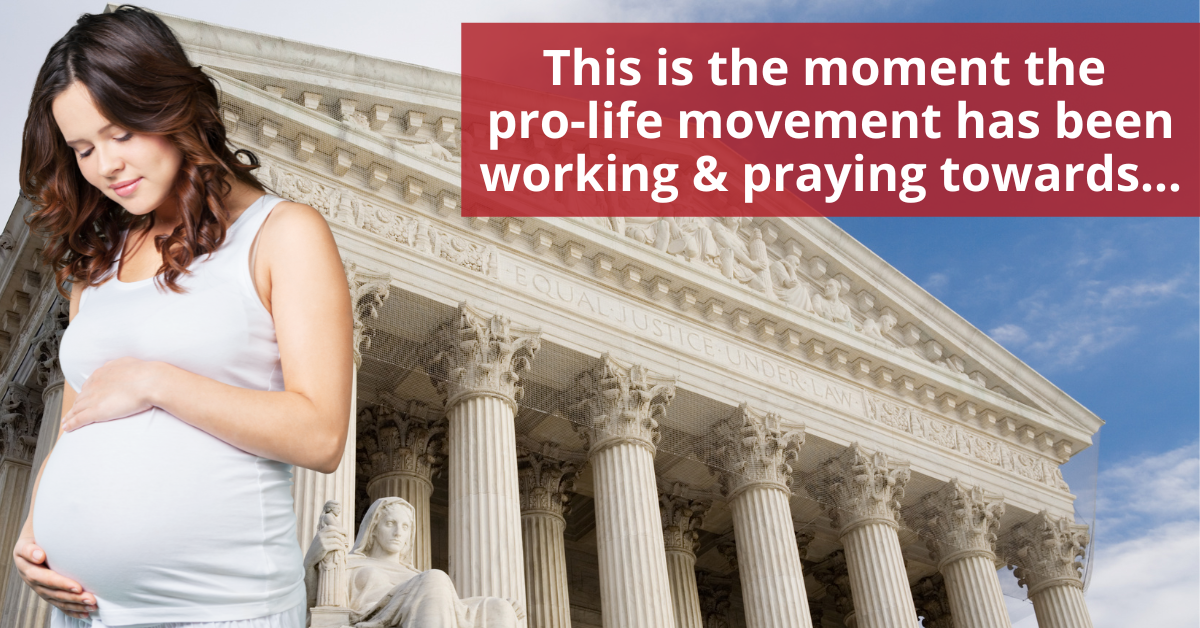“The permissibility of abortion, and the limitations, upon it, are to be resolved like most important questions in our democracy: by citizens trying to persuade one another and then voting.”
— Dobbs v. Jackson Women's Health Organization, 2022
Roe v. Wade — the exercise of raw judicial power in 1973 that sparked a national controversy and embittered our political culture for a half-century by taking away the right of states and their citizens to craft public policy on abortion — was overruled on June 24, 2022.
For the first 185 years after the adoption of the U.S. Constitution, each State was permitted to address the issue of abortion in accordance with the views of its citizens. But when Roe v. Wade invented a previously unknown right to abortion within the U.S. Constitution 50 years ago, it voided prohibitions on abortion in 30 states across the nation.
Not only was the reasoning in Roe so bad that even the late U.S. Supreme Court Justice Ruth Bader Ginsburg, known for being a leading liberal feminist, called it a “heavy-handed judicial intervention [that] was difficult to justify,” but it also imposed a pro-abortion framework more radical than nearly anywhere else in the world.
Roe’s extremism had drastic consequences as 63+ million unborn children would be killed in the 50 years that followed, including 296,000+ in Kentucky. Planned Parenthood, America’s largest abortion provider, would report $1.6 billion in income and over $2 billion in net assets in its 2019-2020 annual report.
The majority in Dobbs v. Jackson Women’s Health Organization heeded the requests of Kentucky and the 25 other states that asked the Court to return the issue of abortion to the people and their elected representatives. The Court wrote that “States may regulate abortion for legitimate reasons… [including] respect for and preservation of prenatal life at all stages of development; the protection of maternal health and safety; the elimination of particularly gruesome or barbaric medical procedures; the preservation of the integrity of the medical profession; the mitigation of fetal pain; and the prevention of discrimination on the basis of race, sex, or disability.” But now one activist judge…
Click here to view and download the PDF of the print version of the Citizen paper.

